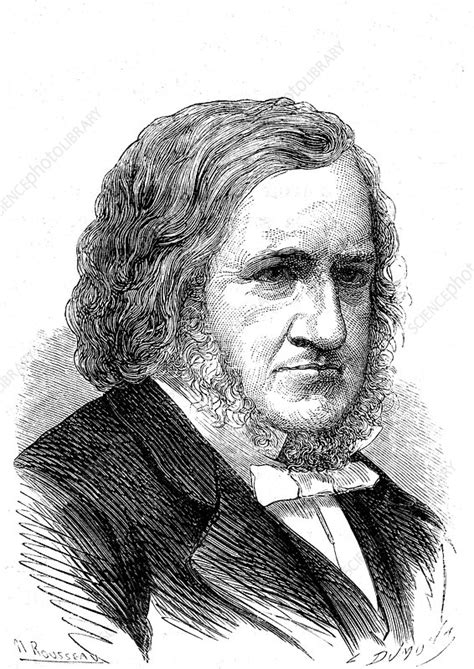A Quote by Josephine de La Baume
I think the French have a romantic cliche that Englishmen have great style, great music, irony and sense of humour. Well, sometimes cliches are true.
Related Quotes
You hear people talking about a Scottish sense of humour, or a Glaswegian sense of humour, all sorts of countries and cities think that they've got this thing that they're funny. I read about the Liverpudlian sense of humour and I was like, 'Aye? What's that then?' You get that and you especially hear about a dark Glaswegian sense of humour.
A man of knowing attains to a sense of humour. Let this always be remembered. If you see someone who has no sense of humour, know well that that man has not known at all. If you come across a serious man, then you can be certain that he is a pretender. Knowing brings sincerity but all seriousness disappears. Knowing brings a playfulness; knowing brings a sense of humour. The sense of humour is a must.
Beware of clichés. Not just the clichés that Martin Amis is at war with. There are clichés of response as well as expression. There are clichés of observation and of thought - even of conception. Many novels, even quite a few adequately written ones, are clichés of form which conform to clichés of expectation.




































